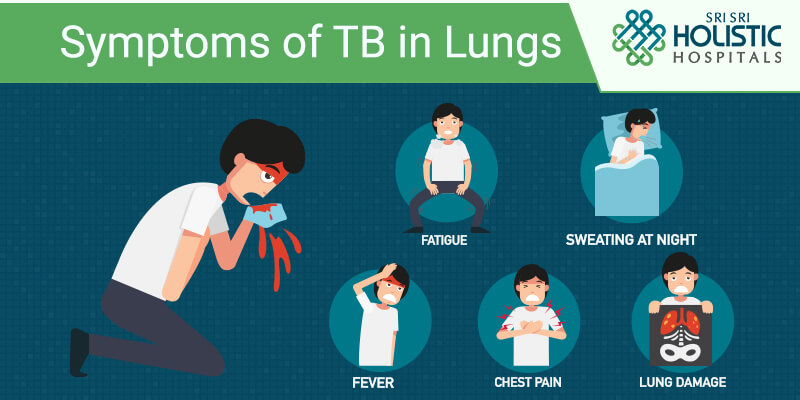The symptoms of tuberculosis are not always obvious. If you are diagnosed with this condition, you will be diagnosed as soon as you come into contact with someone who has it. Symptoms of this infection include nausea and vomiting, fever, body aches and pains, night sweats, weight loss, sore throat, swollen lymph nodes in the armpit and leg, and difficulty swallowing. If left untreated, these symptoms can develop into pneumonia, heart failure, or pulmonary embolism.
If you have any of these symptoms, you should seek immediate medical attention. Don't wait for them to go away or for symptoms to appear. Symptoms can turn serious if you don't seek treatment quickly.
Symptoms such as vomiting and fever can vary from person to person because the virus multiplies when infected objects are touched
When you touch the nose with an object contaminated with bacteria, the color of the virus changes to yellow. When you touch a dirty object, it can still get infected and infect you.
You may also notice a yellow color on your body if you come into contact with an object that has been contaminated with bacteria. You may feel itchy. This is called a tingling sensation and is an early sign that you are infected. If symptoms persist, it could mean you have active TB. There are certain symptoms to be aware of.
If the person you are touching is sick, you can get the infection through direct contact with an object that has been contaminated with bacteria. You will know that you have this condition because you will have a severe cough that resembles a cold in your chest. Symptoms may worsen if you cough a lot or do not use protective equipment while coughing.
You should talk to your doctor before you make a choice regarding the treatment option. Your doctor will tell you which option will suit your condition better. Your doctor might recommend the treatment for you or he may decide to refer you to a specialist for treatment.

There are many different options you can choose from depending on the severity of your infection. You can use antibiotics or a decongestant. or even a combination of these two depending on the seriousness of the disease.
You may even get a shot if you have not had contact with anyone who is infected with the bacteria. When it gets worse, you may have to take a more serious course of treatment. The treatments are long term but they do help you get better fast. in some cases.
You should always go to a hospital if you think you may have been exposed to the bacteria and you do not want to wait for medical attention. A hospital can give you the care you need faster. You should visit the hospital if you experience any of the symptoms of the disease. These are easy to treat and they can keep you out of a hospital for a while.
You may feel weakness and dizziness. These are symptoms that are easy to overlook. Some people may not notice anything wrong when they have these symptoms. You should not delay seeing a doctor.
It is possible to contract the disease from other people who come into contact with you. These people might have the bacteria on their hands and they may pass them to you. Make sure you wash all of your hands thoroughly after coming into contact with people who have been diagnosed with this infection. This is one of the easiest ways to catch it.
Do not worry if you have these symptoms. If you have any of these symptoms, talk to your doctor immediately. If you do not tell your doctor about it, then it may be too late.